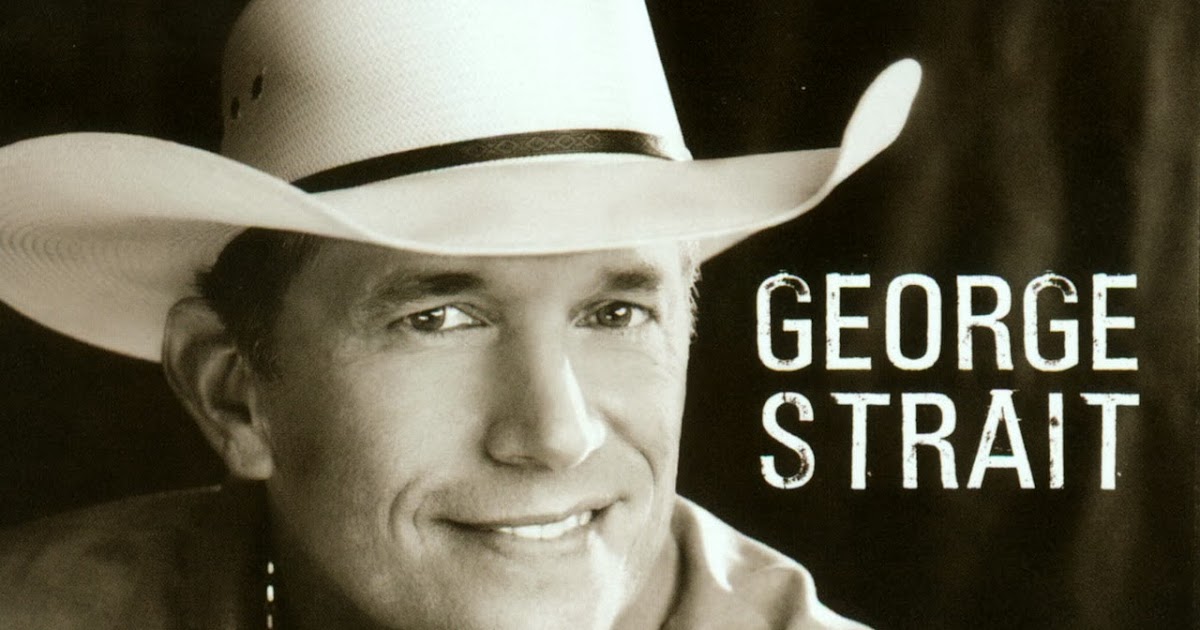About the Song
Achingly Beautiful: George Strait’s “Baby Blue” and the Enduring Power of Lost Love
George Strait, the undisputed “King of Country,” has a knack for delivering songs that resonate with the very core of human emotion. While he’s known for his honky-tonk swagger and tales of Texas living, it’s often his ballads that truly pierce the soul. Among these, “Baby Blue” stands out as a masterpiece of understated heartbreak, a song that captures the lingering pain of lost love with a poignant simplicity that few artists can match.
Released in 1988 from the album If You Ain’t Lovin’, You Ain’t Livin’, “Baby Blue” is a classic example of Strait’s ability to convey profound emotions with a directness that avoids sentimentality. Written by Aaron Barker, the song tells the story of a man grappling with the memories of a past love, symbolized by the blue eyes of the woman who has moved on. There’s a sense of resignation in the lyrics, an acceptance that this love is gone, yet the pain remains palpable.
Strait’s delivery is, as always, impeccable. His voice, rich and resonant, carries the weight of the lyrics with a quiet intensity. He doesn’t over-emote; instead, he allows the melancholy of the melody and the poignancy of the words to speak for themselves. This restraint is what makes “Baby Blue” so effective. It’s a song that understands the quiet desperation of heartbreak, the way memories can linger like ghosts, haunting the present with the specter of what once was.
The instrumentation is similarly understated, with gentle acoustic guitar and pedal steel creating a somber atmosphere that perfectly complements the lyrical content. There’s a timeless quality to the arrangement, a simplicity that allows the song to transcend trends and connect with listeners on a deeply personal level.
“Baby Blue” is not just a song about lost love; it’s a meditation on memory, time, and the enduring power of the past. It’s a reminder that even when a relationship ends, the echoes of that love can continue to shape our lives, coloring our perceptions and influencing our future. In the hands of George Strait, this universal experience is transformed into a work of art, a song that continues to resonate with listeners decades after its release.
